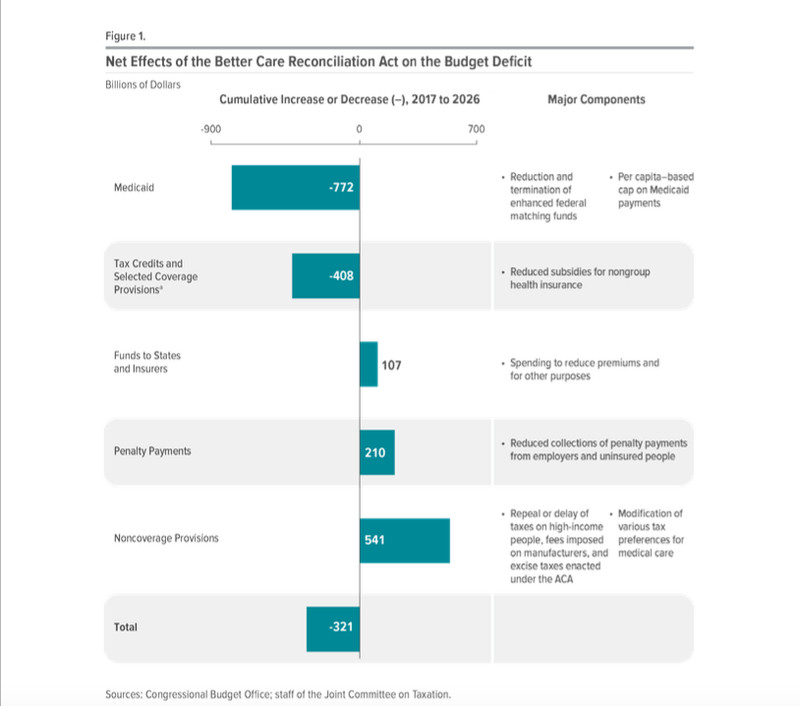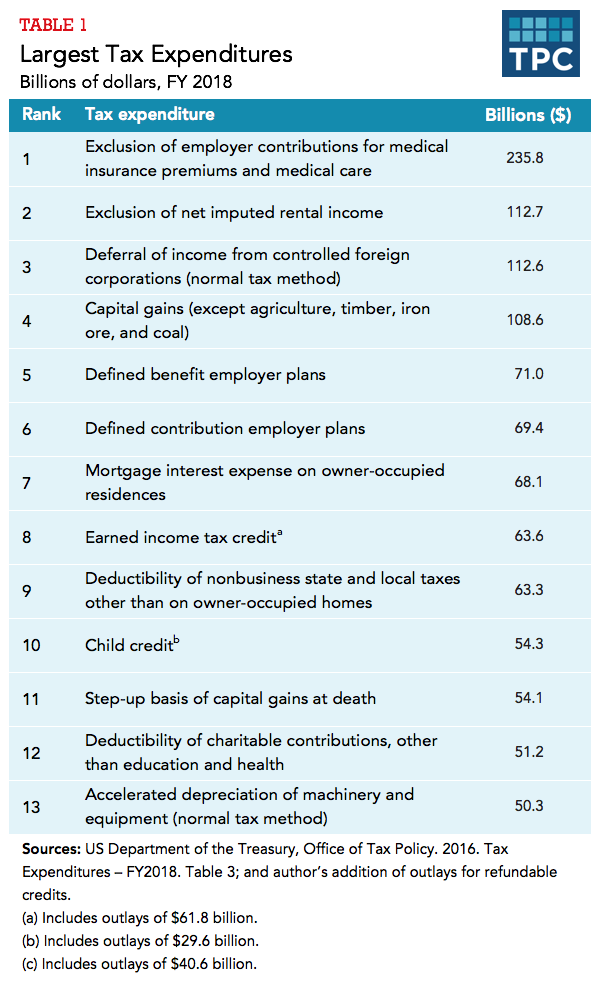Healthcare Abyss
What are we to make of a major political party that is prepared to cast tens of millions of voters into the abyss? Really?
What are we to make of a major political party that had no response to its own signature battle cry? “Repeal Obamacare!” Then what?
Nothing, that’s what.
What are we to make of a major political party that imagined a topic like healthcare was simple? Or that it could get rid of a hated law without consequences? Or that it need not spend much time or effort in thinking through what to do next?
The bankruptcy of the Republican leadership is stark. Everything it now says is hollow. There is no meaning to its various initiatives because they totally lack substance. They lack thought. They lack cohesion. They lack connection to reality. They even lack conservatism. Above all else they lack morality.
Think about this: the final vote, aborted in any case due to deep divisions in Republican ranks, was postponed while we all waited for Senator John McCain to recover from surgery. His vote was viewed as pivotal. His surgery would have cost $76,000 to someone without insurance, and yet he was going to return to vote to end insurance coverage for about twenty million of his fellow Americans. His moral depravation is exposed for all to see.
And it is depraved to slash at the lives of so many people whilst snuggled in the comfort of your own well-being.
I have a great deal of respect for the long conservative tradition in politics. It is a point of view laden with rich history and intellectual substance. It demands of us that we think carefully and deeply about how to react. Those of us steeped in the more progressive tradition are foolish is we dismiss true conservatism lightly: it has enduring appeal and deserves the devotion of its admirers.
But this modern Republican party does not. It has shed all semblance of and relation to that conservative tradition. It has had no conversation with itself about how true conservatism relates to the modern economy or the modern society emerging as we enter the digital age. It is in persistent and massive denial of contemporary trends and their disruption of the very institutions that conservatives seek to preserve. We need modern conservatives to offer us thoughtful responses to these trends, not simply a spiteful or willful desire to retreat to some supposedly preferable past.
Because that past is exactly that. Past.
We need to engage now. We need to engage with what we face today. And one of the issues most demanding of such engagement is our national healthcare crisis.
American healthcare is plainly failing systemically. It is delivering poor results at great cost. It is shameful. And it is a deplorable waste of both financial and human resources. It is absorbing vast swathes of our economy that could be more usefully channelled into productive and wealth creating endeavor.
Ah. But that simply raises a parallel issue:
A more productive and wealth creating economy would be a happy home ground for traditional conservatism. It would be a challenge to traditional liberalism. How, for instance would we distribute that productivity-created wealth? How, my progressive friends, would the left describe its own response to the healthcare crisis? And how would the left respond, within its own longstanding and respected tradition, to the likely inequity of a thriving economy?
I fear that the healthcare abyss has swallowed both our major parties. Short term political gain has replaced long term social or economic vision.
No wonder the voting public turned to Trump. Our corrupt and bankrupt politics, so evident in this healthcare crisis, deserves to be trumped.
But the country doesn’t.
And that’s the shame of where we are now.
Yet there’s hope.
Lurking behind the collapse of the latest Republican effort is a simple truth that ought enthuse progressive voters. That collapse is the logical consequence of the contradiction at the heart of the republican’s own effort.
Here’s another thing to think about: ever since Obamacare passed into law the Republicans have been determined to get rid of it. This began as a “repeal” movement and an attempt to return our healthcare system to its pre-2009 state. However, as the years passed by and as people signed up for the dreaded Obamacare in droves it became increasingly difficult to envisage simple repeal. It is a cast iron law of politics that a massive social program, once embedded, is extraordinarily difficult to get rid of. The Republicans have railed and screamed about Social Security and Medicare for decades, but it is suicidal for a politician to run on a platform of their repeal. So now it is getting impossible to get rid of Obamacare. The status quo ante of 2009 is no longer a viable political goal.
This means that the Republicans have to offer an alternative that keeps the much expanded coverage but that matches their pseudo-conservative ideals. They want to lower taxes yet they need to finance the expansion of insurance. How? They simply don’t know. They want to roll back the expansion of Medicaid. How? They have no answer.
The deeper problem for the Republicans is that there is no answer to these questions. Not within their contemporary armory. Repeal looks so simple precisely because these questions would never arise or need answering. But once they did and “repeal” became “repeal and replace” they were forced onto the agenda and thus exposed the contradiction between contemporary Republican belief and political necessity.
The next logical step in Republican efforts to deal with this conundrum is to drop the “repeal” and focus, instead, on “replace”. And this is a triumph for the left because that implies what the Democrats have been arguing for all along: fix Obamacare. Don’t repeal it.
The fight is not over, but we are on the right road.

